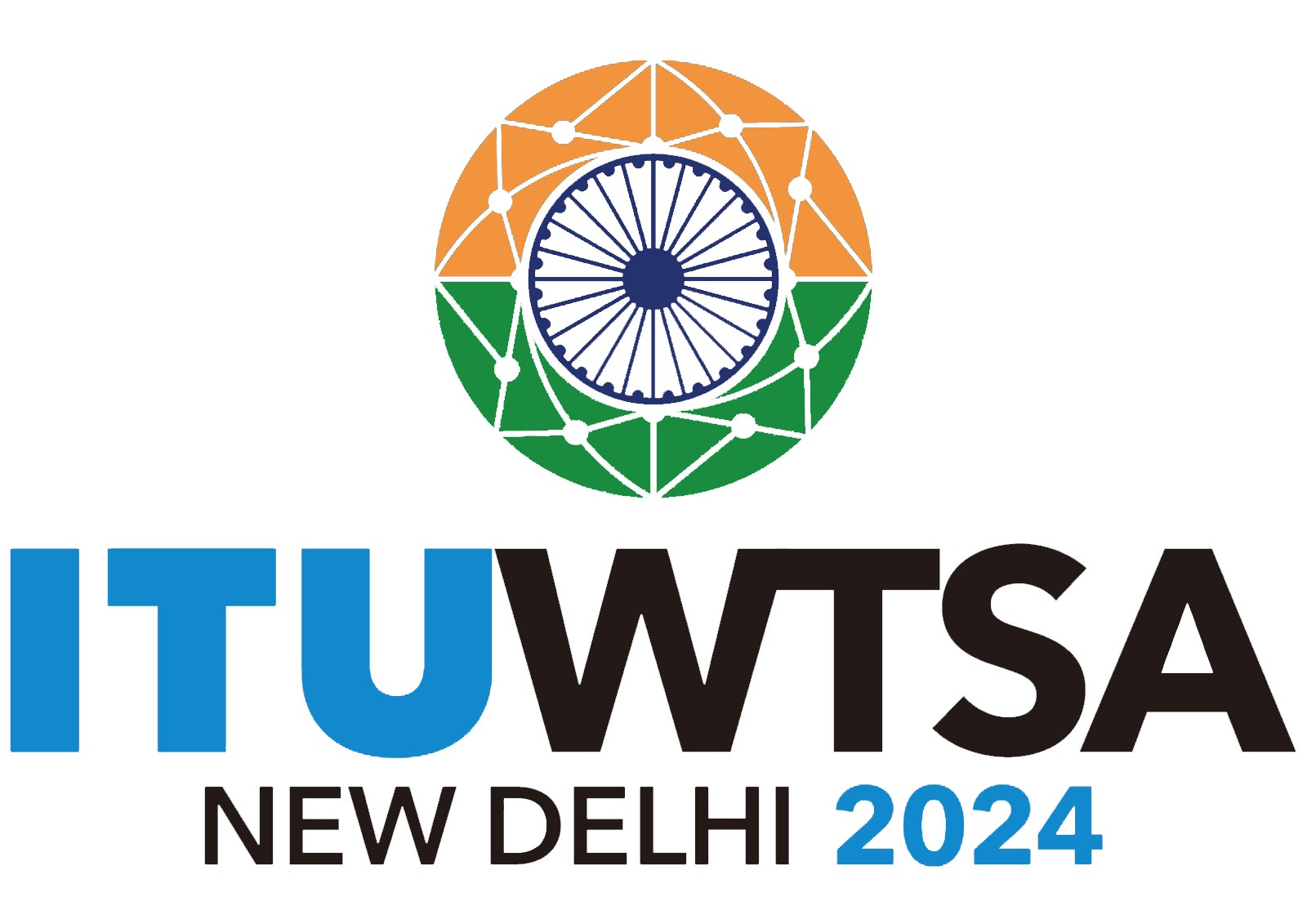Health as a human right is central to the “right to life” guaranteed in the constitution of India. In this spirit, the government of Mizoram, Department of Health and Family Welfare has drafted a Health Policy for the state of Mizoram.
The Health Policy will be catalysing the working relationship between the government of Mizoram and the Union of India based on the principles of cooperative federalism for diverse health challenges faced by the state. Both the State governments and Central government have played complementary role in spreading and improving the infrastructure, capacity building of the health system and enabling the individual’s availability, accessibility, affordability of quality health services leading to client satisfaction and partnership in its planning, implementation, monitoring and governance.
Mizoram has adopted the State Vision 2030 in the year 2018, which provides a framework for achieving the SDGs by strategically aligning and allocating sectoral budgets. Also, it has been implementing all the specific projects and program activities under the National Health Mission.
2.Vision
The vision of the Mizoram state health department is to increase the quality of life for its people by attaining the highest level of physical, mental, social and spiritual health; that will contribute towards the development of the state. Towards this vision it has fully accepted the principles and vision of the globally acclaimed Universal Health Coverage and Care. UHC is a solemn affirmation of social solidarity, which is the most enabling attribute of an advancing and progressive civilization. UHC requires that all essential health services be available to every person, based on need, or equity principle rather than equality, with assured quality, without anyone suffering financial hardship. World Health Organization recommends a path of progressive universalization, in the form of
a cube with four expanding dimensions:
- Population coverage
- Service coverage
- Cost at affordable level and
- an overarching Quality Assurance leading to Client satisfaction.
As a policy Mizoram State shall undertake the following ten key measures to achieve the objectives of UHC in the state,
- Increase public expenditure on health and reduce out of pocket expenditure on health
- Improve the situation of human resources for health (HRH)
- Strengthen Service Delivery at Primary Care Level
- Develop an efficient procurement and disbursal mechanism for drugs
- Ensure quality at every level of service delivery
- Increase public participation and feedback
- Communicate benefits available under UHC to people
- Engage and regulate private health care sector
- Strengthen overall healthcare governance and management
- Transparency and accountability in resource utilization
As Universal Health Care also includes various social determinants of health like safe water, sanitation, nutrition, food security, primary education, livelihood and poverty alleviation, community empowerment, gender and social equity etc, the health department shall be serious for convergence with allied sectors and shall build up its capacity for inter-sectoral coordination. It will also recognize the right to receive food, water, affordable housing, sanitation, and finally the right to a healthy environment as they are the determinants of health.
In order to achieve Universal Health Care, the Mizoram state is in line with the National Health Mission which has a vision of decentralization for district management of health, participatory bottom-up planning, quality assurance in services& client satisfaction, intersectoral convergence and improving access of rural people, especially poor women and children, to equitable, affordable, accountable and effective primary healthcare.
The state government continue to cherish the paradigm shifts in the key principles of National Health Mission such as: First, distrust to trust, second, inflexibility to flexibility, third, centralized to decentralized action, fourth, funds functions, functionaries for service and fifth, building capacities at all levels.
The policy shifts towards a significant step of the operationalization of the right to health as a state duty. The state will also introduce mechanisms for people involved, participatory monitoring and governance at the village, district as well as the state level.
Attachment

















